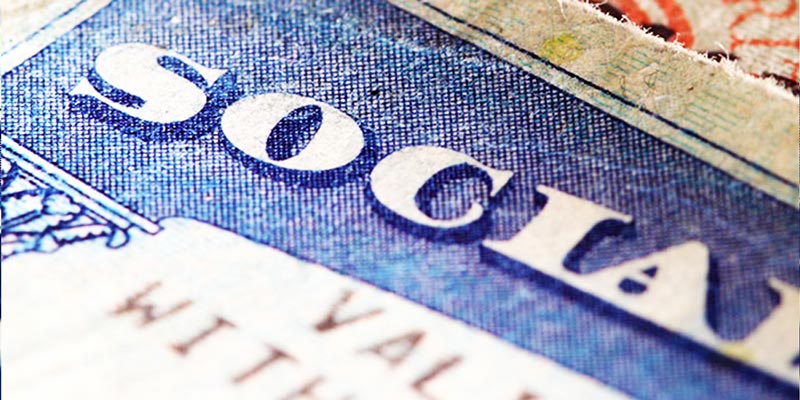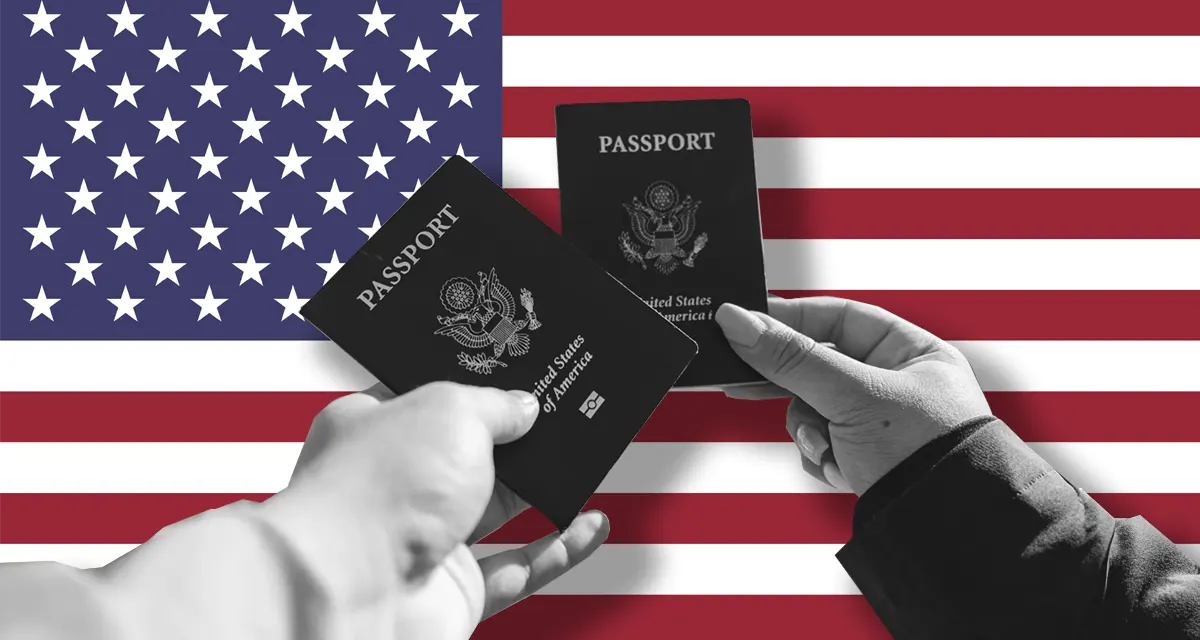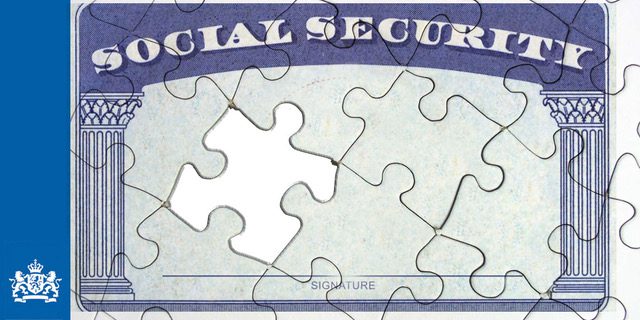
US Contemplates Drastic Reduction in US Citizenship Renunciation Fees

Summary
The US is considering reducing the renunciation fee for Americans living overseas from $2,350 to $450 due to claims that high fees are coercing some to keep their citizenship. The fee was introduced in 2010 and saw a significant increase in 2015. The proposed change is in response to legal complaints, aiming to align the fee with administrative costs.
The United States is considering a significant reduction in the renunciation fee for Americans living overseas, a move prompted by claims from some that they are effectively being coerced into maintaining their citizenship. According to a proposal from the State Department, the proposed fee drop would lower the cost from the current $2,350 (€2.230) to $450 (€429).
US citizenship renunciation fees
Historically, up until 2010, US citizens were not required to pay any fee when renouncing their US citizenship. When the fee was initially introduced, it stood at $450. However, in 2015, Americans saw a staggering 422% increase, bringing the cost to its current level.
The plans to reverse this substantial increase were initially announced in January when an organization for Accidental Americans filed a legal complaint against the fees. Their argument centered around the belief that the right to renounce US nationality is a fundamental aspect of the US Constitution and that the high fee effectively compels US citizens to remain as such against their wishes.
So, why does the US impose a fee on those seeking to renounce their citizenship?
The fee is primarily intended to cover administrative expenses associated with the renunciation process. Applicants must undergo an oath of renunciation before a US diplomatic or consular office abroad, after which they receive a Certificate of Loss of Nationality of the United States (CLN). This fee was introduced concurrently with the Foreign Account Tax Compliance Act (FATCA).
Citizen based taxation
One significant factor behind the fee’s introduction was the fact that US citizens are subject to citizenship-based taxation, which applies to their income regardless of their place of residence.
FATCA was introduced to address non-compliance by US taxpayers with foreign accounts and was expected to prompt more Americans to consider renouncing their citizenship.
Potential reduction in US citizenship renunciation fee
As for the potential reduction in the US citizenship renunciation fee, the US Department of State published a notice in the Federal Register on October 2nd, proposing to amend the fee to $450. They are currently accepting public comments until November 1st, after which they will review and announce their decision as promptly as possible.
The Department of State contends that the $450 fee is considerably lower than the actual administrative costs incurred during the renunciation process. They explain that the fee was raised to cover costs in 2015 due to a surge in demand for this service. However, they have since received complaints that the higher fee discouraged individuals from renouncing their citizenship. Additionally, they acknowledge that issues related to FATCA may have motivated some to consider renunciation.
By reducing the fee back to a level below its administrative cost, the Department of State aims to alleviate the financial burden on those seeking to renounce their citizenship and align the fee structure with those of other services provided to citizens living abroad, such as a Consular Report of Birth Abroad.
In light of the pending proposal from the Department of State, we will keep this blog updated with any new developments regarding the implementation of the fee reduction.
Also, it remains uncertain whether individuals who previously paid the higher fee will be eligible for a refund of the difference.
More information about Renunciation Fees Americans Overseas?
We, the founders of Americans Overseas, were born in the Netherlands and obtained our American nationality through our (American) mother.
When we heard about the US tax system for the first time around 2013, we were in total disbelief (it can’t be true!), anger (how can they do this?), fear (am I going to get fines or pick up other problems?), and panic (what should I do?). It is (unfortunately) true that there is an additional American tax levy. But there’s no information from local government, and when approached, the consulate referred us to the IRS, and the IRS was impenetrable.
That’s why we started this initiative to help people from all over the world by providing proper information about the US tax system to avoid unnecessary panic, and offering help free of obligation and free of charge. If needed, we have a network of affordable professionals (accountants) who can help you with your bitcoin tax obligations.
Contact us for more information
Sources:
- Federal Register
- New York Times American citizenship fees
- The Guardian: Americans who renounced sue US over fees
- NBC refund cost renouncing citizenship





